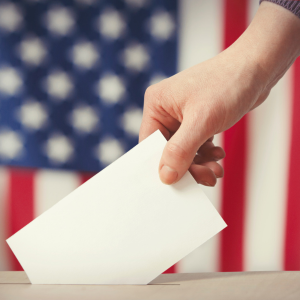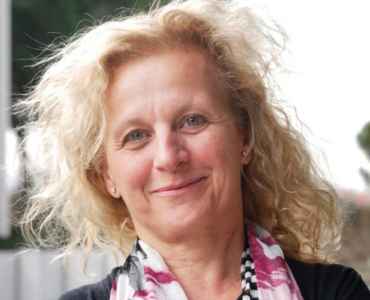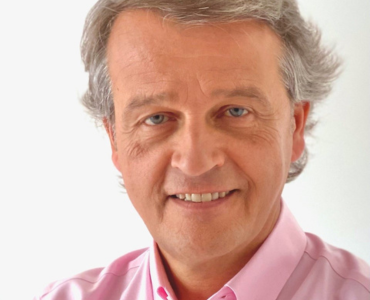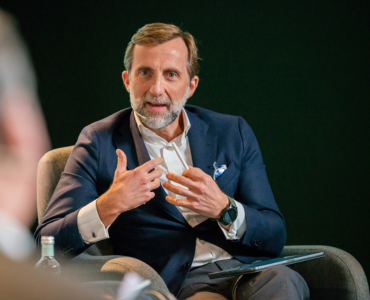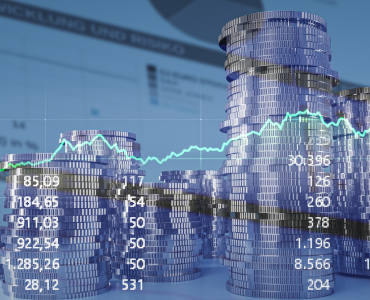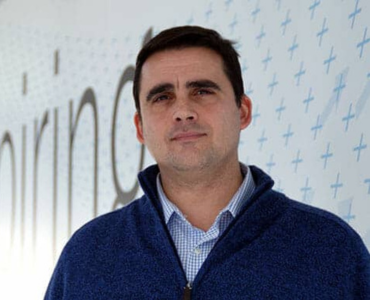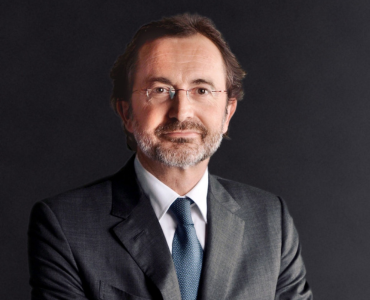How behavioural economics and experiments can improve corporate decision-taking, by Pedro Rey
ESADE Alumni is pleased to invite you to this talk in the Refresher Programme entitled ‘How behavioural economics and experiments can improve corporate decision-taking’ by Pedro Rey, associate professor in the ESADE department of economics, finance and accounting.
Behavioural economics is a blossoming field of research as revealed by the Nobel Memorial Prize in Economic Sciences awarded to Richard H. Thaler (U. Chicago) in 2017. It combines the classical theories of best decision taking with a more realistic approach based on psychology according to which people’s decisions are affected by their emotions, beliefs about the behaviour of others and slight cognitive bias. Because institutions and companies consist of individuals who are not entirely rational, they are also affected by these psychological considerations and must, therefore, take them into account when designing incentives in response to the motivations of everyone involved (customers, employees, competitors, etc.).
Behavioural economics is based on data obtained from lab and field experiments that make it possible, on a small scale and in pilot studies, to forecast the outcome of any policy adopted by the company and, therefore, to tweak minor institutional details that may nonetheless have a dramatic impact when implementing measures.
This session will examine key psychological factors, analyse examples of companies that have adopted an experimental approach successfully, and explain how to carry out experiments with huge potential inside companies.
Pedro Rey Biel
See Bio Here
Members are welcome to bring a guest
See you there!
Language: Spanish
How to make better decisions in the company using Behavioral Economics and Experimentation?


